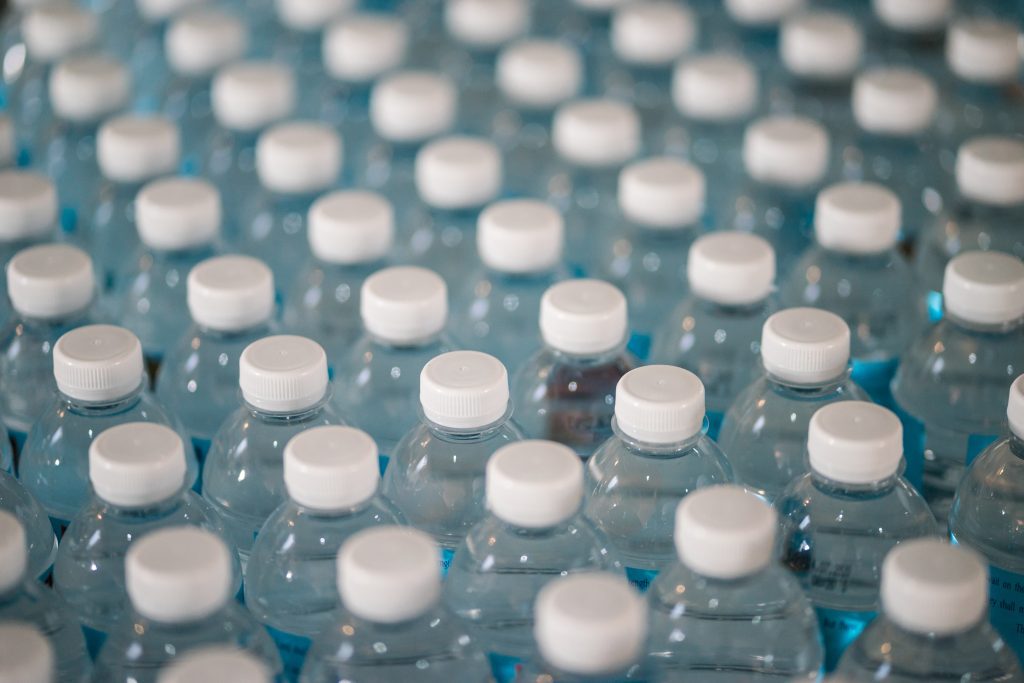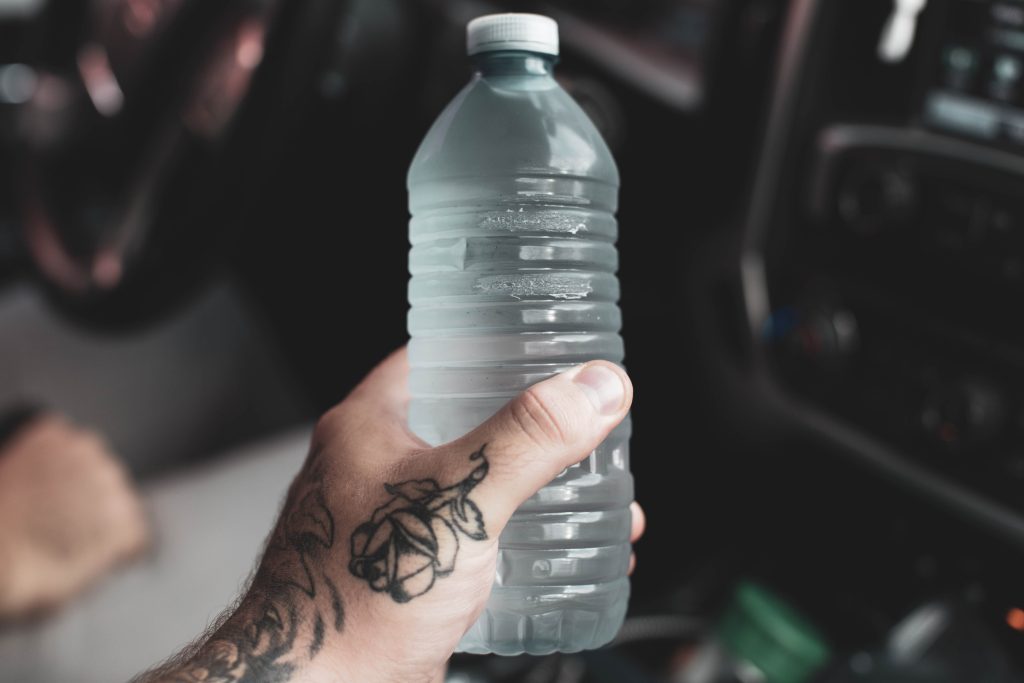Is Drinking Expired Water Harmful To Your Health?
When it comes to consuming water, safety and cleanliness are essential factors to consider. This raises a pertinent question – is it safe to drink a bottle of water past its expiration date? We’ve compiled essential information to provide an answer to this question and offer insights into water storage, quality, and safety measures.

Firstly, it’s crucial to understand that expiration dates on bottled water are not mandatory in all regions. Bottled water in the US, for instance, is not required to have expiration dates by the FDA.
Nevertheless, many manufacturers include them as a way of informing consumers about the product’s optimum taste and freshness.
Despite this, water itself doesn’t go bad. Instead, the expiration date is an indicator of the container’s quality and integrity. Over time, the plastic bottle can degrade or leach chemicals, such as Bisphenol A (BPA) or antimony, into the water, which could alter the taste and, in some cases, pose health risks.
Furthermore, the bottle’s seal might become compromised over time, allowing the infiltration of bacteria, mold, or algae. If the seal remains intact and the bottle has been stored in proper conditions, such as a cool, dark place away from direct sunlight, the water is likely safe to consume, albeit potentially with a compromised taste.

To determine the safety of the water, a visual and olfactory inspection is recommended. If you notice any discoloration, cloudiness, or strange smells, discard the water immediately. The presence of these clear indicators signifies that you shouldn’t drink this water at all.
While it’s preferable to consume bottled water within its expiration date to ensure optimal taste and freshness, it is generally safe to drink if the container’s integrity remains intact and it has been stored correctly.
